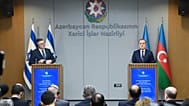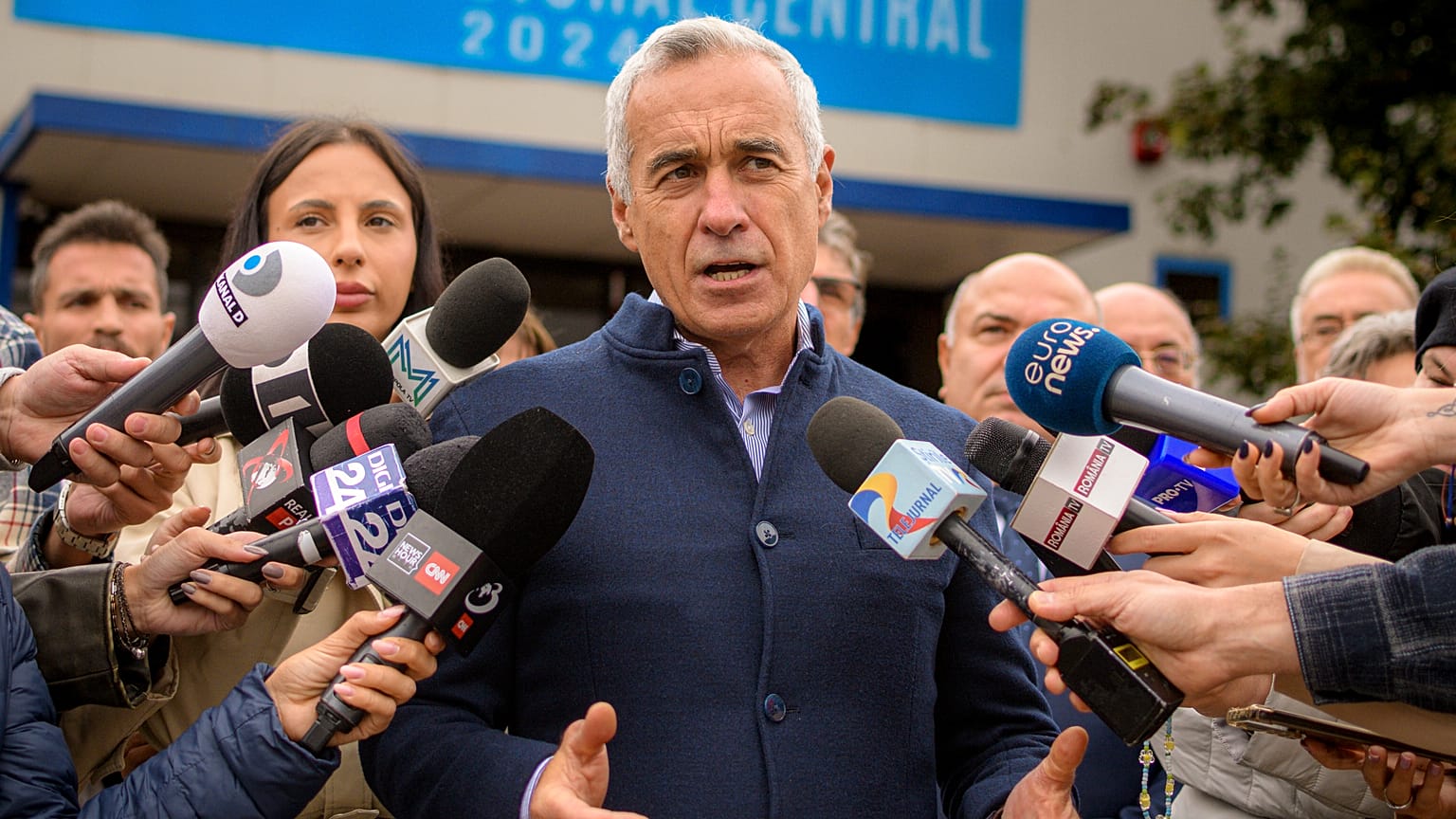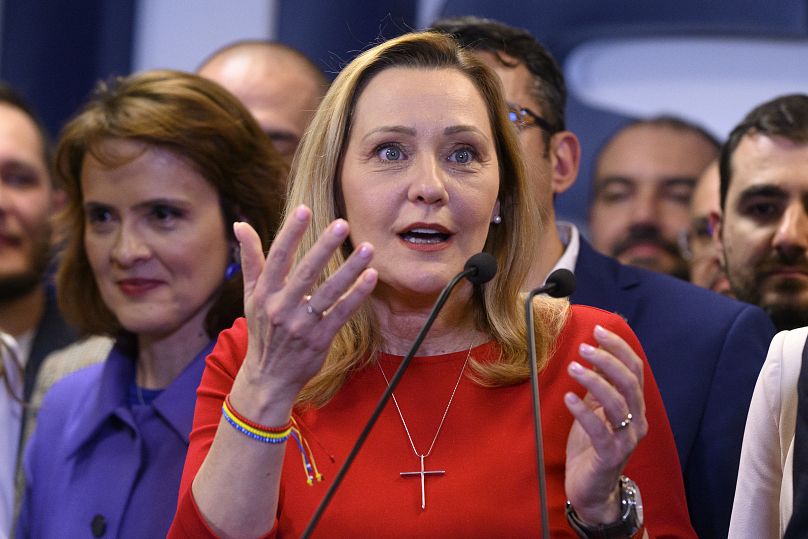After polls closed, 9.4 million people - just over 52% of eligible voters - had cast their ballots, according to data from the Permanent Electoral Authority.
A little-known far-right populist has won in Romania’s presidential election first round and will face off against reformist Elena Lasconi in a runoff in two weeks, an outcome that has rocked the country's political landscape.
Calin Georgescu was ahead by Monday afternoon after nearly all ballots were counted, with around 22.95% of the vote.
Lasconi, of the progressive Save Romania Union party, or USR, followed with 19.17%. She beat to the runoff incumbent Prime Minister Marcel Ciolacu of the Social Democratic Party (PSD), who had a 19.15% percentage. George Simion, the leader of the far-right Alliance for the Unity of Romanians, or AUR, took 13.87%.
It is the first time in Romania’s 35-year post-communist history for the PSD not to have a candidate in the second round of a presidential race, serving a huge blow to the country’s most powerful party and underscoring voters’ anti-establishment sentiment.
Ciolacu's shocking defeat prompted him to submit his resignation as party leader on Monday.
'A prayer for the nation'
After polls closed, 9.4 million people - just over 52% of eligible voters - had cast their ballots, according to data from the Permanent Electoral Authority.
Georgescu ran independently and was not widely known. He outperformed most local surveys, sending shockwaves through Romania's political establishment as he ascended to poll position.
After casting his ballot on Sunday, Georgescu said in a post on Facebook that he voted, "For the unjust, for the humiliated, for those who feel they do not matter and actually matter the most … the vote is a prayer for the nation."
According to his website, Georgescu has a doctorate in soil science and held different positions in Romania's environment ministry in the 1990s.
Between 1999 and 2012, he was a representative for Romania on the national committee of the United Nations Environment Program. Georgescu campaigned mostly on TikTok, with some analysts claiming that the pro-Russia, anti-NATO nationalist was likely aided by an interference campaign by the Kremlin.
Lasconi, a former journalist and the leader of the USR, has been running on an anti-corruption reformist agenda.
She told AP ahead of the vote that she saw corruption as one of Romania's biggest problems and expressed support for increased defence spending and continued aid to Ukraine. If she wins the final vote, she will be the first female president in Romania's history.
A flurry of resignations and congratulatory remarks
Ahead of Sunday's vote, many had expected to see George Simion, a vocal supporter of US President-elect Donald Trump, face Ciolacu in the second round.
He campaigned for reunification with Moldova, which this year renewed a five-year ban on him entering the country over security concerns, and he is banned for the same reason from neighbouring Ukraine.
As the ballots were still being counted, Simion said he congratulated Georgescu and that he was "very happy that approximately 40% of the votes of Romanians went towards the sovereign option."
Ciolacu, whose defeat was particularly unexpected, said before the first-round vote that one of his biggest goals was "to convince Romanians that it is worth staying at home or returning" to Romania, which has a massive diaspora spread throughout EU countries.
Other candidates included former NATO deputy general secretary Mircea Geoana, who ran independently and obtained about 6%, and Nicolae Ciuca, a former army general and head of the centre-right National Liberal Party. Ciuca also resigned as party leader on Monday after obtaining just 8.7% of the vote.
Cristian Andrei, a political consultant based in Bucharest, said Romania's large budget deficit, high inflation and economic slowdown could push more mainstream candidates to shift toward populist stances amid widespread dissatisfaction.
Thirteen candidates ran for the presidency in the EU and NATO member country.
The president serves a five-year term and has significant decision-making powers in areas such as national security, foreign policy and judicial appointments.
The second round of the presidential vote will be held 8 December, a week after parliamentary elections.
















